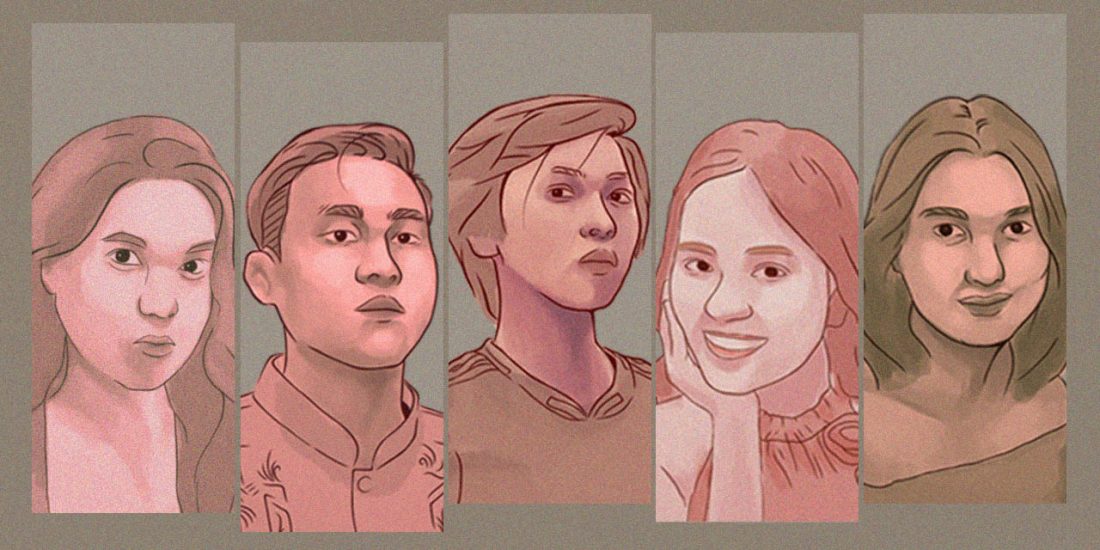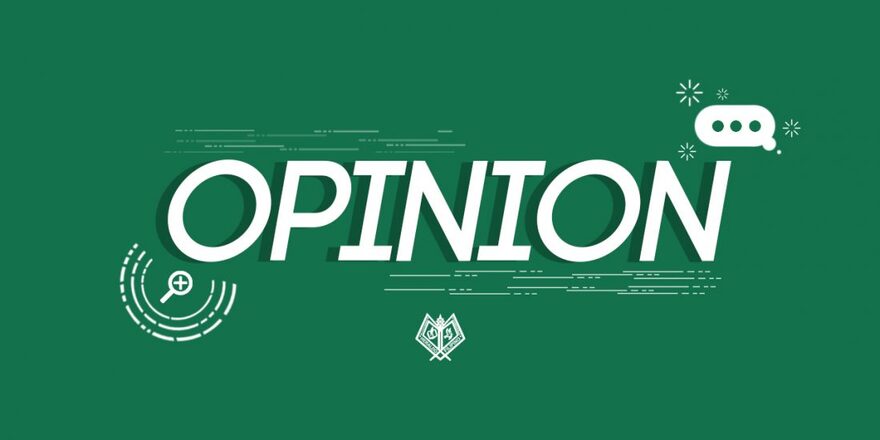A role to play
Before I start, let’s all understand one thing: a student council’s purpose is student representation, student leadership, and student service. As student council officers elected through democracy, their responsibility is to return the trust placed upon them by the students—trust that’s been faltering as the years go by—and little change has been made. In my four years of college, I’ve seen the councils rise and fall, but never so much as within the last few weeks when social issues have divided the nation and most of our student leaders stayed silent and unmoved by the world beyond the perimeter of our campus.
You can’t entirely fault them for their actions (or lack thereof) since this has been the way of the school for as far back as we can remember. In DLSU-D, peace and prosperity are preached, to the point that passivity becomes a mainstay in our community. Our advocacies rarely touch politics and our voices (most of the time) are limited to social media posts. Yet, for whatever reason, this was the year I was most hopeful for a USC that would have changed this, to create a culture of active student participants in society rather than bystanders observing the struggles of the nation from afar. Suffice to say, I was disappointed.
Perhaps it’s the tradition of the councils to fall into step with their predecessors and focus on events, concerts, seminars and the like. Yet being so focused on what they think the students want, they have lost sight of what the students actually need. In the DLSU-D Student Handbook, two responsibilities of the USC are to “be an active agent in promoting national awareness and consciousness among the students in the university” and “foster an atmosphere where critical thinking prevails.” Now, let’s carefully examine if they’re actually fulfilling this responsibility.
The students deserve nothing less.
They’re probably just incredibly unlucky that they came into their positions at a time of such national political turmoil, but the instances in the last few weeks have put their promises—and priorities—to the test. Some might argue that student leaders aren’t required to interfere with national issues, but I protest. As student leaders, their job is to promote “national awareness” and mold students to have the values and skills in preparation for the real world. And any issue affecting the nation affects our school and our students—the youth set to inherit the future. This is inarguable, so it raises the question as to why some student councils have sorely lacked in this area.
Majority are probably aware of the social media debate that had everyone grabbing for popcorn when a student publicly criticized the USC and CSCs on Facebook while others chimed in under the comments section, setting off a long debate about student council neutrality. The general argument of the councils is that they don’t have a consensus of the students as to what stand they should have. In response to the argument of waiting for a consensus, my question is, had they even started gathering it in the first place by the time the rant was posted? The social issues occurring in the country have been present since last year when the current administration took over. Since then, thousands have died due to extrajudicial killings, threats of nationwide martial law have been going on for months, and human rights have been devalued and violated. This is not a new development—they’ve had enough time to gather a consensus.
Moreover, if participating in national discourse was a priority, then they’d have had surveys, polls, and interviews both online and offline in classes and colleges since the moment they sat in office. Freedom walls and Facebook posts can only do so much compared to portal surveys and engaging seminars that make us participate in the discourse. If they are waiting for the consensus, what actions have they been implementing to actually get it? And if there are actions, when did they start—before or after the Facebook rant?
A logical insight would be that they’re hesitant to release a stand or post due to the possible negative reactions of students who disagree with it, however this issue is no longer about just taking a stand or being neutral—it’s about participating in the conversation in the first place. Few colleges have taken the effort to tackle these issues, but for those few, their small actions go a long way. For example, the College of Education Student Council’s simple freedom wall in the hallway that all West Campus students walk through to the Marawi video they played after the student leaders’ oath-taking mass were small actions that still managed to leave an impact.
As to the threat of losing the ability to stay as “One La Salle” if the school has divided opinions, disagreements and debate are not issues we should shy away from for they only make us engage in the conversation. It’s silence we should avoid—for silence is an injustice in itself that doesn’t comfort the afflicted, but those who afflict the torment. Silence doesn’t serve us at all for it only shows our unwillingness or inability to play a role.
The truth is, it’s not about standing for something or against something anymore—it’s now about showing that our student leaders are capable of more meaningful actions and impact than just concerts and other “fun” activities. It’s about fulfilling their duty to raise social awareness and critical-thinking in the DLSU-D community, engaging the students to participate rather than simply observing social issues, and mobilizing them to take their advocacies from the comments section to the real world.
A lot might say that this critique might be harsh, but we must hold our leaders, local to national, to high standards—because the students deserve nothing less.





